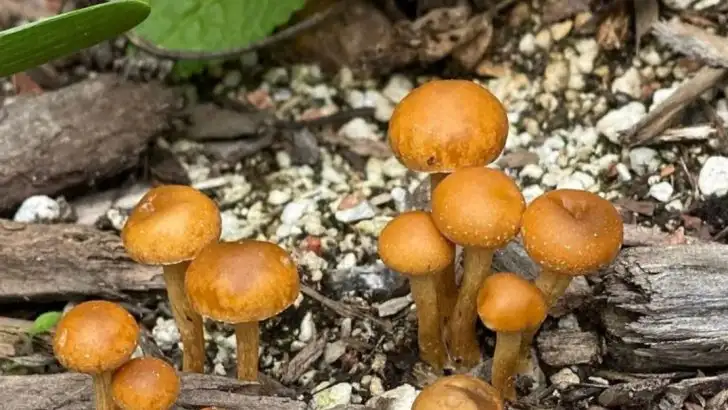Healthy soil is the foundation of a thriving garden—and mushrooms can help you build it. Often overlooked, fungi play a crucial role in breaking down organic matter, recycling nutrients, and improving soil structure.
By introducing beneficial mushrooms or encouraging wild fungi, you can naturally boost soil fertility, increase moisture retention, and support stronger, healthier plants. The underground networks they form—known as mycorrhizae—help connect and nourish your entire garden ecosystem.
In this article, learn how mushrooms can transform your garden soil naturally—and discover simple ways to harness their power for long-term garden health.
Soil Aeration
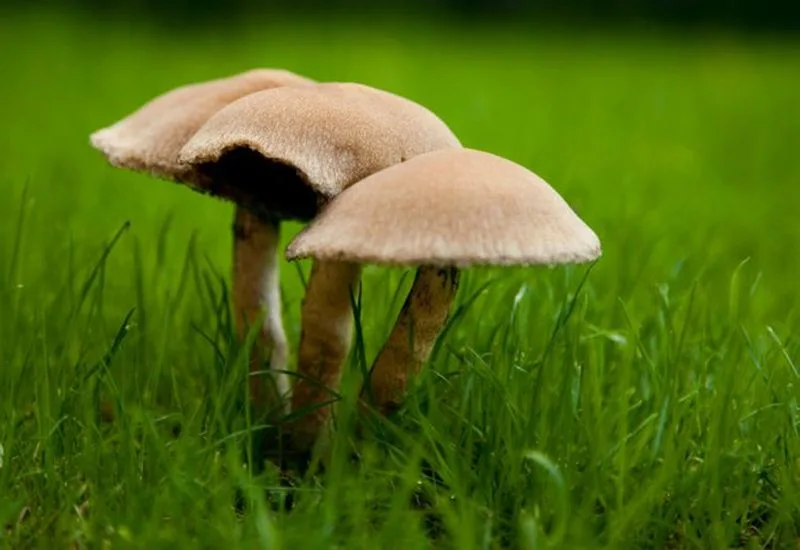
Mushrooms are nature’s architects when it comes to soil aeration. Their mycelium networks, which spread beneath the ground, create channels that allow air and water to penetrate compacted soil. This natural process improves root growth and water absorption, making your plants thrive.
Think of mycelium as the underground internet, connecting various parts of your garden. With mushrooms doing the heavy lifting, there’s no need for synthetic aeration solutions.
By welcoming mushrooms into your garden, you invite a natural partner that works tirelessly to keep your soil porous and breathable.
Nutrient Recycling
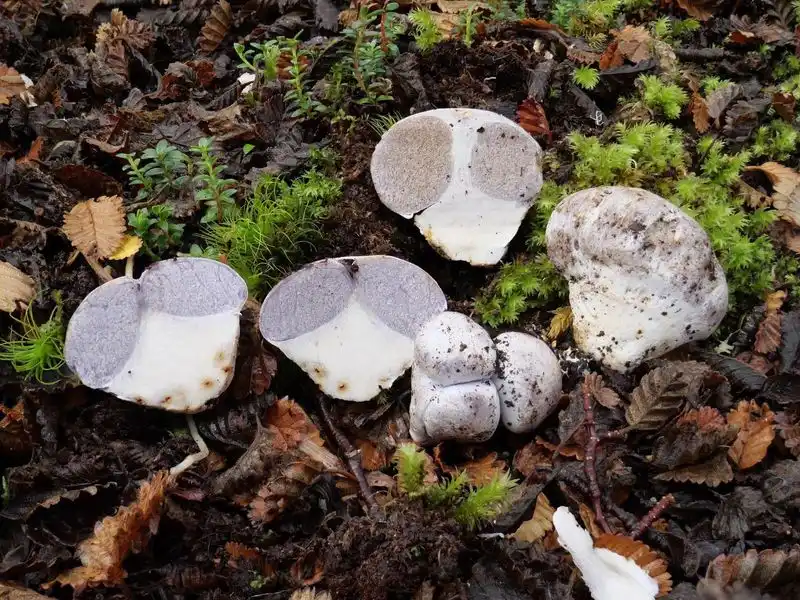
Ever wondered how dead leaves turn into rich soil? Mushrooms play a key role in this transformation. Acting as nature’s recyclers, they decompose organic matter, releasing vital nutrients back into the soil. This nutrient recycling is essential for maintaining soil fertility and plant health.
Mushrooms break down complex organic compounds, making nutrients accessible to plants. It’s a symbiotic relationship where both the fungus and plants benefit.
Adding mushrooms to your garden means you’re not only recycling nutrients but also supporting a dynamic ecosystem that sustains vibrant plant life.
Disease Suppression
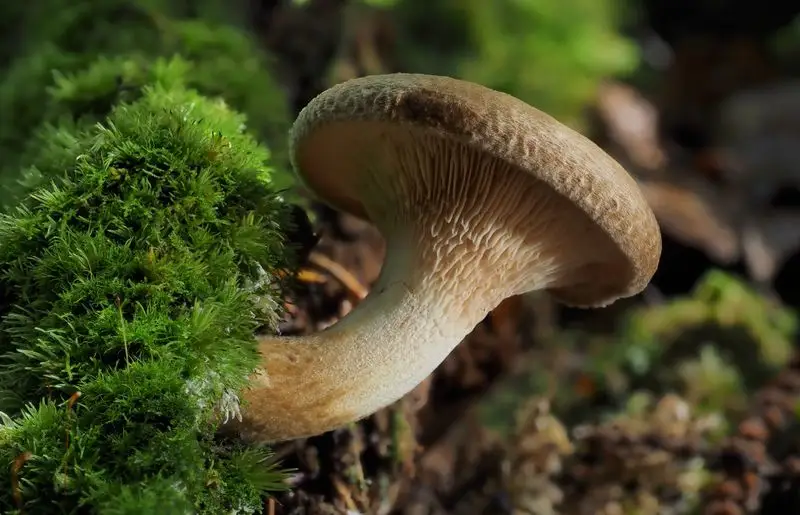
In the unseen battles beneath the soil, mushrooms can be your plants’ best allies. Certain fungi produce antibiotics that suppress harmful pathogens, reducing soil-borne diseases. This natural defense system helps keep your garden plants healthy and thriving.
Fungi like Trichoderma are known for their disease-fighting prowess. They outcompete harmful fungi and bacteria, creating a protective barrier around plant roots.
Including mushrooms in your garden strategy means fewer chemical treatments and a healthier environment for your plants to flourish in.
Improving Soil Structure
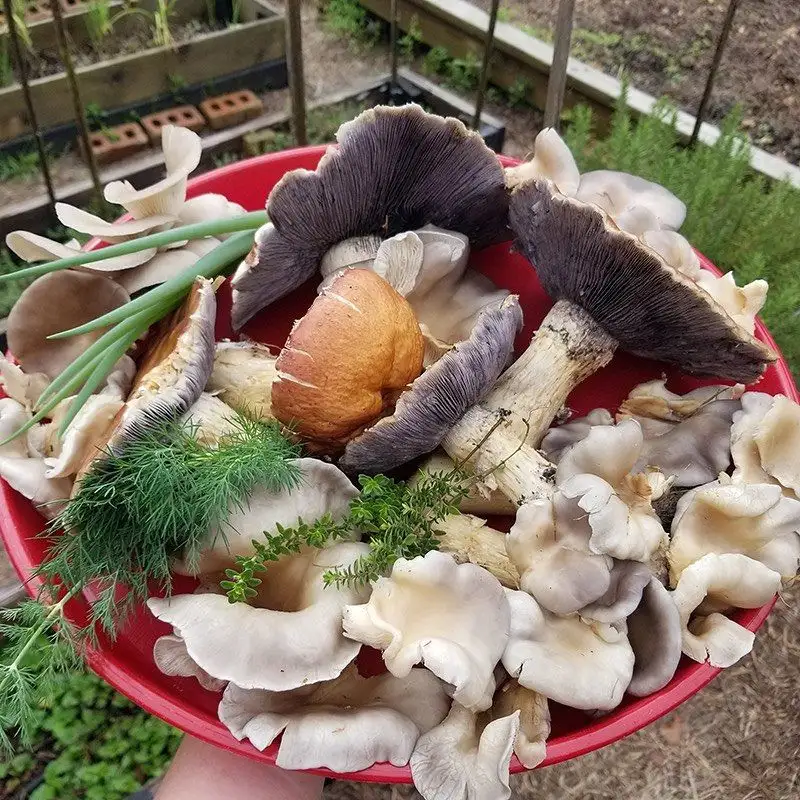
Mushrooms, with their mycelium, are like nature’s construction workers, constantly improving soil structure. They bind soil particles together into aggregates, which enhances water retention and drainage. This structural improvement can lead to healthier plant roots and increased resilience to drought.
The presence of mushrooms in your soil means it’s alive and active. Their ability to modify soil structure naturally is unparalleled.
Embracing mushrooms in your garden not only enhances soil quality but also promotes a balanced ecosystem where plants can truly thrive.
Enhancing Biodiversity
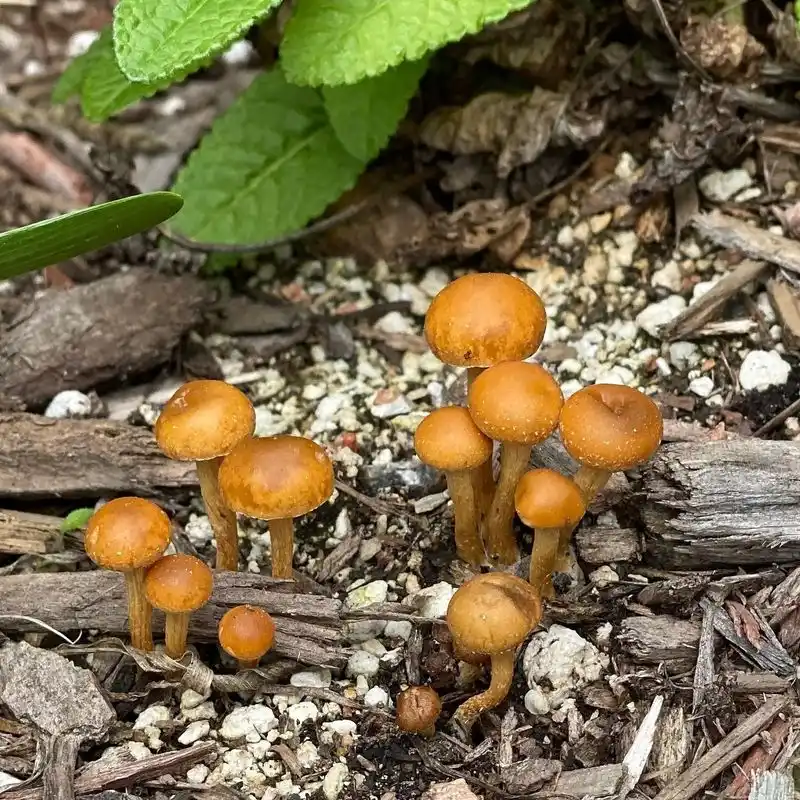
Biodiversity is the hallmark of a healthy garden, and mushrooms are pivotal in fostering this diversity. They create a habitat that supports a wide range of organisms, from insects to other fungi and plants. This rich tapestry of life contributes to a balanced and thriving ecosystem.
Mushrooms act as keystone species, supporting both above and below-ground biodiversity. Their presence signals a healthy, vibrant environment.
By fostering mushrooms, you’re not only enhancing biodiversity but also ensuring your garden’s ecological resilience and vitality.
Carbon Sequestration
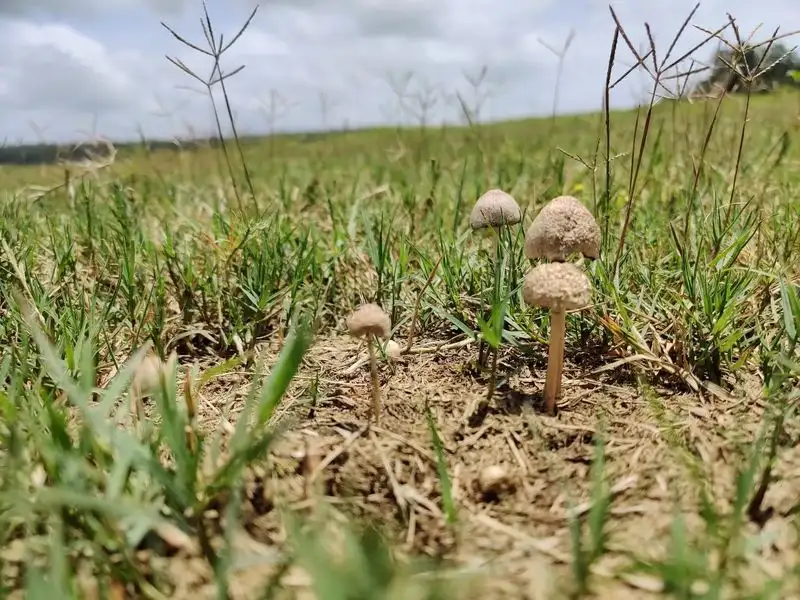
Mushrooms are unsung heroes in the fight against climate change. Through their growth, they capture and store carbon in the soil, a process known as carbon sequestration. This not only helps reduce greenhouse gases but also enriches the soil.
Mycelium networks absorb atmospheric carbon, locking it away safely. Their role in the carbon cycle is vital yet often overlooked.
Incorporating mushrooms into your gardening practices contributes to a more sustainable future, turning your garden into a small but significant carbon sink.
Natural Fertilization
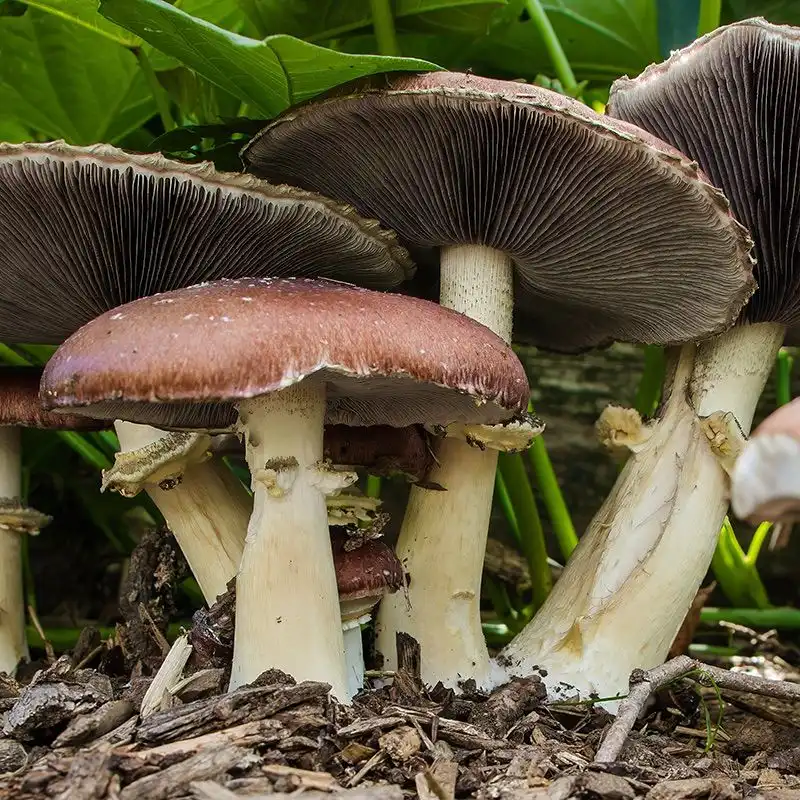
Tired of chemical fertilizers? Mushrooms offer a natural alternative by enhancing soil fertility organically. As they decompose organic matter, they release nutrients vital for plant growth. This natural fertilization supports robust plant development without the need for synthetic inputs.
Mushrooms provide a slow-release of nutrients, ensuring plants receive what they need over time. This steady supply leads to healthier, more resilient plants.
By integrating mushrooms into your garden, you’re opting for a sustainable approach to fertilization, promoting long-term soil health.

